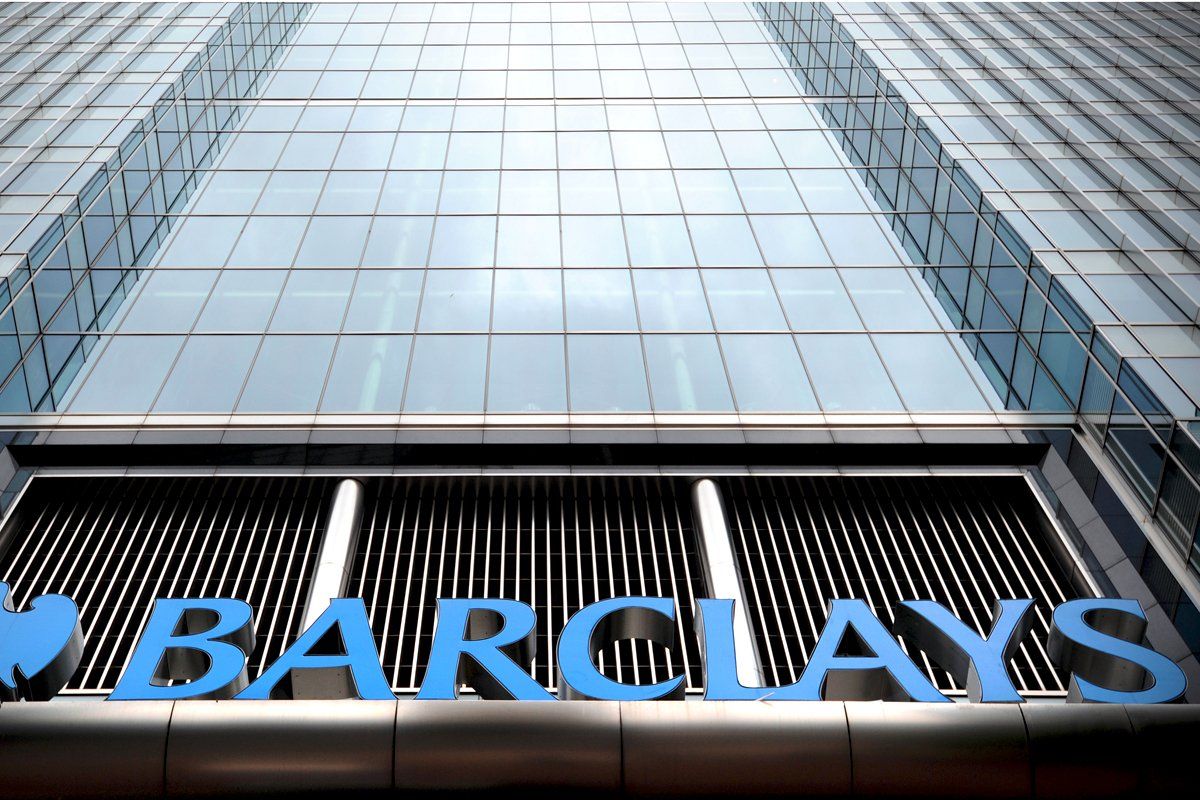
Trader B: Who's going to put my low fixings in? heh heh heh.
Submitter: [X or Y] will be here if you have any requests for the fixings.
Trader C: ... Thank you for your help in the past few weeks.
Submitter: Done ... for you, big boy.
Trader C: ... When I retire and write a book about this business, your name will be written in golden letters ...
Submitter: I would prefer this [to] not be in any book!
These exchanges between employees of the venerable British bank Barclays tell you much about the culture of the City of London on the eve of financial destruction. They come from emails dating back to 2005 and 2006, and they document the repeated efforts by the bank's traders to get their colleagues to rig the interest rate known as LIBOR (the London Interbank Offered Rate).
The emails clearly reveal that those concerned knew they were transgressing. So there was every reason for the regulators on both sides of the Atlantic to whack Barclays with fines totaling $453 million.
Had the LIBOR scandal been an isolated incident, the chief executive of Barclays, Bob Diamond, might just have survived. His counterpart at Goldman Sachs held onto his job despite the imposition of a comparably large fine by the Securities and Exchange Commission in 2010. But coming as just the latest in a succession of revelations of sharp practice and/or mismanagement at British financial institutions, "Liborgate" proved fatal not only to Diamond but also to the Barclays chairman and the bank's chief operating officer.
Few readers of this column, I suspect, will previously have heard of LIBOR, so let's begin there. What the hell is it?
Since the mid-1980s, a variety of interbank borrowing rates?for different periods and in different currencies—have been set in London on a daily basis under the auspices of the British Bankers' Association. The rates are set at meetings of representatives of the major banks, who state the rates at which they believe their institutions could borrow from other banks. Out of 16 figures, the top four are ignored and so are the bottom four: LIBOR is the average of the middle eight figures.
So far, so arcane. Note: the banks' representatives are supposed to give the rate they really think their employers could borrow at, but in the absence of emails like the ones quoted above, I know of no way—apart from a lie detector—to be sure they are not over- or understating the figure at the behest of their trader colleagues. Note also: figures that are significantly above or below the mean have no impact, since they are not included in the average.
But even tiny moves in LIBOR matter because it is the basis for mind-boggling numbers of financial transactions and instruments: futures contracts, interest-rate swaps, and even variable-rate mortgages. According to one estimate, derivatives with a value of more than $360 trillion use LIBOR as a reference point. In the world of highly leveraged finance, a move of one 100th of 1 percent can mean tens of millions of dollars.
Next question. Did the Bank of England's very able Paul Tucker encourage Barclays to lowball its LIBOR submissions, as Barclays seemed to imply last week? No. When Tucker spoke to Diamond in October 2008, he was very properly taking an interest in Barclays' capacity to borrow from other banks. At that crucial stage in the financial crisis, remember, LIBOR had become a measure of trust between banks. As the guy responsible for financial stability at the central bank, Tucker had every reason to be interested in Barclays' LIBOR submissions.
Question 3 (the dinner-party question): Is Bob Diamond's downfall the English establishment's revenge against an uppity Yank? Again, no. Other bankers of other nationalities will soon be in the crosshairs, rest assured. What we are seeing here is the Bank of England's reassertion of itself as a financial regulator as well as an agency for monetary policy after 15 years when those roles were very unwisely separated.
And that brings me to London's reputation as a financial center. How appropriate that last week the City officially welcomed a striking new addition to its skyline—Renzo Piano's Shard, a $700 million tower that stands as the tallest building in Europe—because right now London's reputation is in shards. If Tucker does become the next governor of the Bank of England, his first task will be to start gluing them back together—before everyone in need of international financial services switches to Hong Kong.
With Barclays decapitated, it is London's Asian rivals who are saying "heh heh heh."
Uncommon Knowledge
Newsweek is committed to challenging conventional wisdom and finding connections in the search for common ground.
Newsweek is committed to challenging conventional wisdom and finding connections in the search for common ground.
About the writer
To read how Newsweek uses AI as a newsroom tool, Click here.






